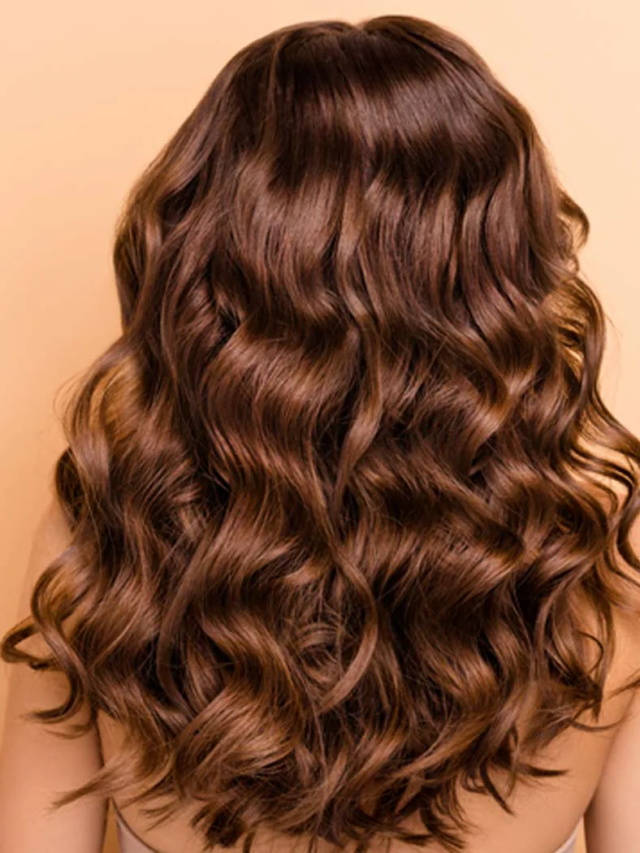Digital financial services (DFS) refer to the use of digital technology and platforms to provide a wide range of financial services and products. These services are often offered through mobile apps, websites, or other digital channels, and they aim to make financial transactions and management more convenient, accessible, and efficient. Some common examples of digital financial services include
- Digital Payments: This encompasses various forms of digital payment methods, such as mobile wallets, digital banking apps, and peer-to-peer payment platforms. Users can make payments, transfer funds, and pay bills electronically.
- Digital Banking: Digital banks (also known as neobanks or online banks) offer a range of banking services entirely through digital channels, without physical branches. These services often include checking and savings accounts, loans, and investment opportunities.
- Mobile Wallets: Mobile wallet apps allow users to store payment information, such as credit cards and bank account details, securely on their mobile devices. They can use these wallets for in-store and online purchases.
- Online Investment and Trading: Digital platforms offer investment and trading services, allowing users to buy and sell stocks, bonds, cryptocurrencies, and other financial instruments online.
- Robo-Advisors: These are automated, algorithm-driven platforms that provide investment advice and manage portfolios for users, typically at a lower cost than traditional financial advisors.
- Insurance Technology (Insurtech): Insurtech companies use digital technology to streamline the purchase and management of insurance policies. This includes online policy issuance, claims processing, and personalized insurance solutions.
- Digital Remittances: Digital platforms make it easier and more cost-effective for individuals to send money across borders to family and friends. These services often have lower fees compared to traditional remittance methods.
- Financial Inclusion: DFS plays a vital role in expanding financial access to underserved and unbanked populations. Mobile banking and mobile money services, for example, can provide financial services to people who previously had limited or no access to traditional banks.
- Personal Finance Management: Various apps and platforms help users track their expenses, set financial goals, and make informed financial decisions.
- Cryptocurrency and Blockchain Services: Digital financial services extend to the realm of cryptocurrencies and blockchain technology, including cryptocurrency exchanges, wallets, and decentralized finance (DeFi) platforms.
Unlocking Financial Freedom: The Rise of Digital Financial Services in a Tech-Driven World
The adoption of digital financial services has grown significantly in recent years, driven by advancements in technology, increased internet and mobile phone penetration, and changing consumer preferences. These services offer convenience, speed, and often lower costs compared to traditional financial institutions, making them an integral part of the modern financial landscape.
Digital financial services (DFS) encompass a wide range of financial products and services that leverage digital technology to enhance and simplify financial transactions and activities. Digital Payments:Mobile Wallets: Mobile wallet apps like Apple Pay, Google Pay, and Samsung Pay store payment information securely on mobile devices, allowing users to make contactless payments in stores and online.
Peer-to-Peer (P2P) Payments: P2P payment platforms such as Venmo and PayPal enable users to send money to friends and family or split bills electronically.Digital Banking Apps: Traditional banks and neobanks offer mobile apps that allow customers to check account balances, transfer funds, and pay bills from their smartphones.
Online Investment and Trading:
Digital platforms provide access to stock markets, bond markets, and cryptocurrency markets, allowing users to buy, sell, and manage their investment portfolios online.
Also Read: How to Buy and Sell Cryptocurrency for beginners (2022)
Robo-Advisors: These automated platforms use algorithms to provide investment advice and manage portfolios based on users’ risk tolerance and financial goals.
Cryptocurrency and Blockchain Services:
Digital financial services extend to the world of cryptocurrencies and blockchain technology. This includes cryptocurrency exchanges, digital wallets, and decentralized finance (DeFi) platforms that offer a wide range of financial services built on blockchain technology.
Digital financial services have revolutionized the way people manage their finances, conduct transactions, and access financial products. They offer convenience, accessibility, and often lower costs, making them an integral part of modern financial ecosystems.










